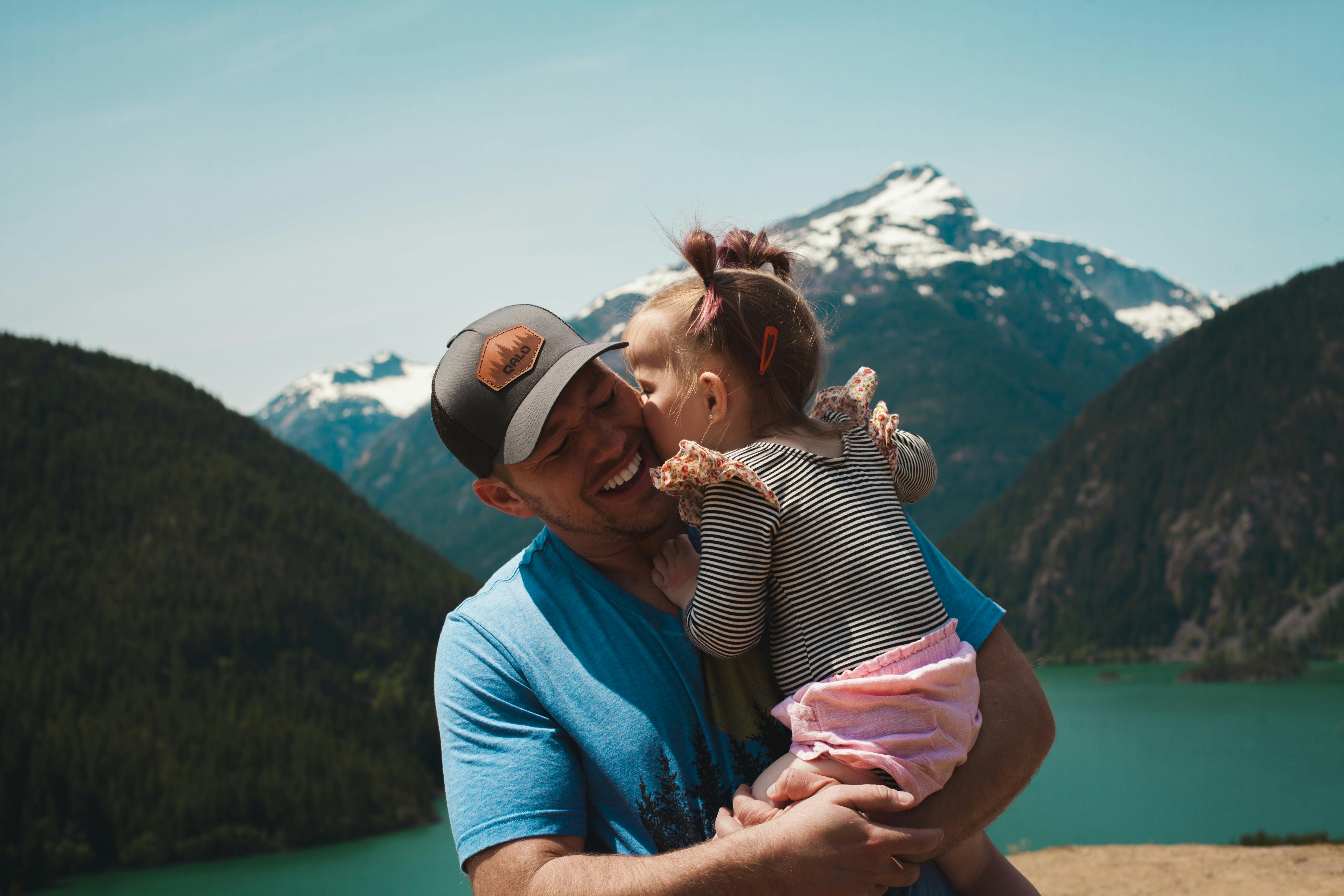Keeping cultural heritage alive is the goal of many non-profit organizations. For the Ndakinna Cultural Center, a nonprofit Native American educational organization, that goal is at the top of the list. The state of Vermont was first the homeland of the Abenaki Indians. The Abenaki called their home Ndakinna, which means our land. The Abenaki endured many struggles to keep the culture alive. The most recent was less than 100 years ago when the state of Vermont implemented a eugenics program targeting the Abenaki. The Eugenics program endured forced sterilizations at The Abenaki. The law that was passed in 1931 was called “A law for human improvement through voluntary sterilization” and the Abenaki were the main target. During this period, the Abenaki were forced to adapt to other families around them. Many learned to play the violin or guitar because playing drums would call the police and you would probably end up in jail. Many Abenaki were forced to become “French Canadians” to avoid the mysterious miscarriages that occurred after a visit to the doctor or the separation of children from the family. Due to the fact that the Abenaki were in hiding, many Vermonters still believe that Abenaki people never lived in Vermont. It is also due to the clandestine lifestyle that Vermont Abenaki could not sell its products as authentic Indian products.
The Eugenics program was the last in the darkest days of our ancestors; however, today we can go back to being Native Americans in public and continue to teach people about our heritage through Abenaki language classes, Pow-wows, Arts and Crafts, and percussion. However, because the state of Vermont did not properly recognize the Abenaki, we are still unable to label our crafts as authentic made in India. However, we can continue to teach our traditions and educate people that we are still here and always have been. We do this through different programs across the state, including a tribal office for The Missiquoi Abenaki in Swanton, which also houses a museum, through various pow-wow’s, the historical society museum in Montpelier, as well as other museums. throughout Vermont. We also do so through a cultural center dedicated to teaching Abenaki heritage through a variety of classes, meetings, school visits, and seminars.
Abenaki’s heritage is an important piece of Vermont history and must be preserved. All Abenaki in Vermont should be proud of who they are. Some of us belong to Abenaki gangs and some of us choose not to for one reason or another, but the fact is that we are all related and we need to pass our heritage on to our children in any way that we can. We also have to re-unite as one people. The tests of the past are horrible. However, we can hold out in the future, but first we must learn to accept each other and educate the people in the state of Vermont.

